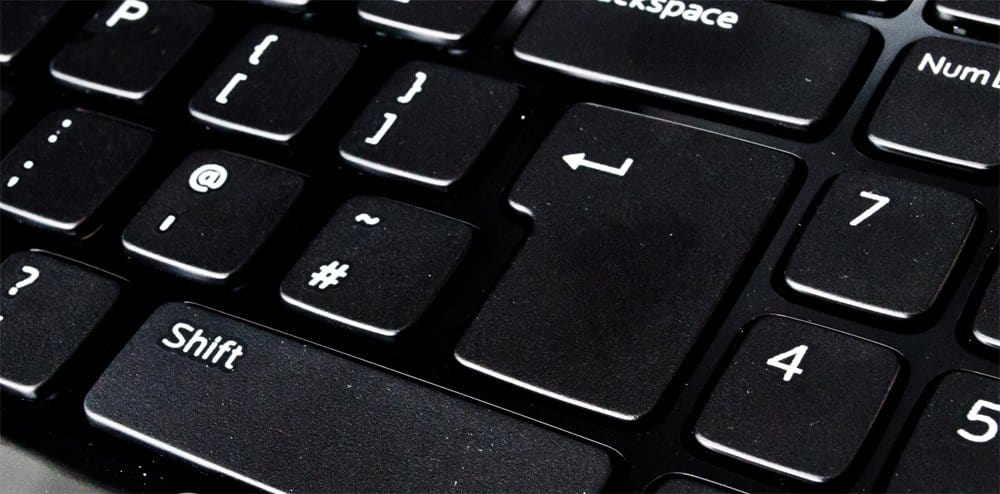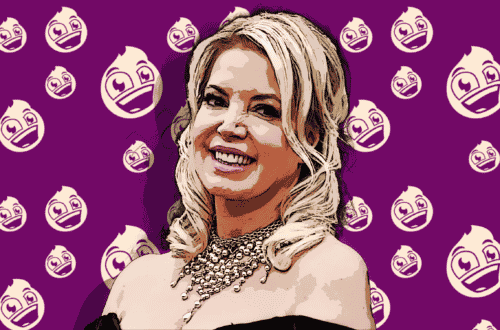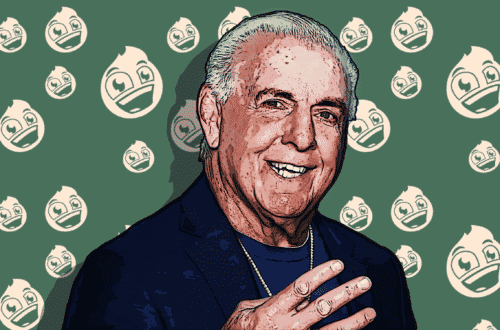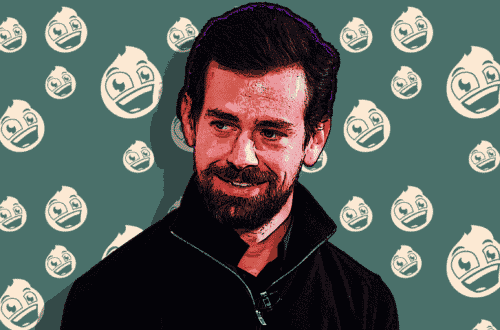
Social Media Exposure Linked To Anxiety And Depression
Facebook, Twitter, and plenty more allow people to share information practically at any time in any place. It should be an unspoken truth that spending too much time with posts or status updates isn’t healthy, but just in case it needs to be said, science has the job covered. Used recklessly, social media might actually hurt teenagers more than it helps.
Nearly five hundred teens were brought in and questioned for a research project. The questionnaires offered gauged the subjects’ use of social media, especially during nighttime hours; on top of that, they measured their emotional investment to that media — namely, how available they felt they had to be for timely responses. Not surprisingly, those who had the highest levels of emotional investment tended to be the ones who admitted to high anxiety, lower self-esteem, and even depression.
It’s as much an issue with sleeping habits — or lack thereof — as it is with social media. Those that can’t switch off stand a higher chance of denying their bodies the recharge time they need; in turn, that could cause a host of problems independent of frequent logins and retweets. Either way, it seems like a good rule of thumb is to know when to switch off the electronics and call it a night.



